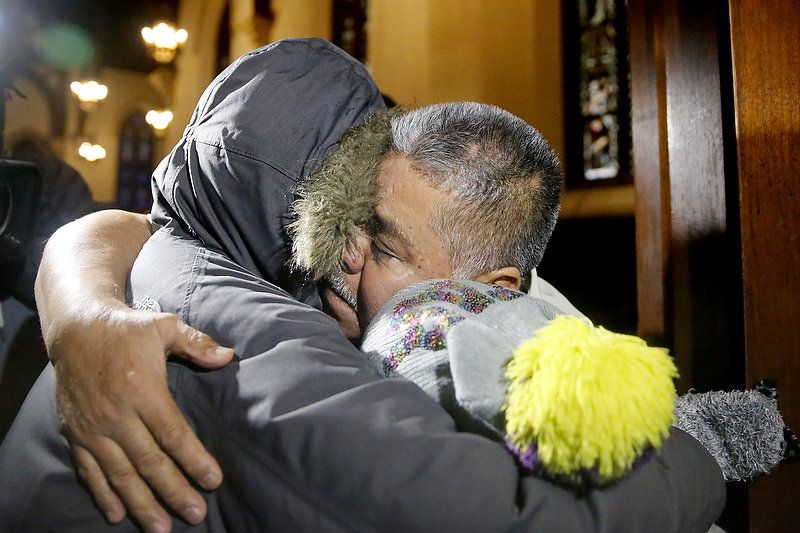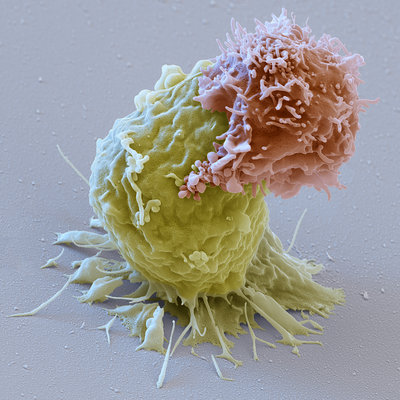Childhood trauma has strong effects and leaves multiple fingerprints on the mind and the body, usually for a lifetime.
Traumatic experiences are not always physical; emotional trauma can be just as toxic. A parent or caregiver may reject the child or barely recognize the child’s existence. Chronic withdrawal of affection or disinterest in a child’s accomplishments has negative effects. Constant humiliation degrades a child, and constant threats are terrorizing.
The results of emotional abuse are multi- faceted
Biologically, severe early chronic stress leads to changes in the brain’s hypothalamic hormone: corticotropin-releasing factor (CRF), the major regulator of the stress response. The result is a permanently increased hormonal response to stress.
Psychologically, the child is often stunted in intellectual, emotional and social development. As adults, these people are unable to trust others. Because they fear relationships, they may seem detached, as if not needing others.
The corrective emotional experience
While the corrective emotional experience was initially described as a key factor in longer-term psychotherapy, it also refers to a relationship with a key significant other in the person’s life who responds differently than the traumatizing parent.
Over time, the traumatized person develops – after much testing – enough trust in the constancy and accepting, respectful response by the important other to their psychological needs that they feel safe in exposing their deepest feelings. When emotional situations similar to childhood occur, they can now be processed in a new, healthier way. This experience helps repair the damage produced by the traumas of the past. It can help the stunted personality become unstuck, grow and mature.

A dramatization of trauma and the corrective emotional experience
A recent HBO miniseries: The Young Pope, shows us the results of traumatic abandonment as well as the possibility of a corrective emotional experience.
The Trauma Lenny Belardo, a young child of elementary school age, is taken by his hippie parents to a Catholic orphanage and abandoned there. We are repeatedly shown his memory of the abandonment, as well as new fantasy versions of being abandoned.
Reenacting trauma in adulthood As an adult, Lenny is emotionally stunted. He avoids emotionally close relationships with others, and says he chose the priesthood in order to protect himself from the pain of human relationships.
We meet him as a middle-aged man, newly – and unexpectedly – elected Pope. As the Holy Father of all Catholics, he re-enacts the parental withdrawal and cruelty he experienced. He becomes the rejecting father, not allowing Catholics to ever see his face. He insists they must make the relationship to God, not to human beings, the primary one in their lives. He instructs his cardinals not to reach out to people but instead to withdraw from them, explaining that this will bring them back as more faithful Catholics.
Even more tellingly, he says to a group of children that it has started raining because they must have done something bad that made God angry and sad. This recapitulates the thoughts Lenny must have had that he, or his bad behavior, were the reasons his parents abandoned him.
The corrective emotional experience There is one individual – a cardinal he has known since his seminary days – that Lenny has regarded as his mentor. As Pope, Lenny asks him for guidance in decisions that he must make. The cardinal – out of jealousy that he himself was not elected pope – answers Lenny with anger and rejection, recapitulating Lenny’s original traumatization. When the cardinal rethinks his reaction and asks for forgiveness, Lenny responds with coldness and rejection.
After a time, when the cardinal becomes terminally ill, Lenny carefully re-approaches him. Now, the cardinal treats him in a respectful and helpful manner. They argue on an intellectual basis regarding church dogma, but much more is going on. The connection between them resumes, on an even deeper level. This is now a relationship of emotional equals.
When the cardinal is on his deathbed he asks Lenny for something he needs for spiritual comfort, the story of something precious that Lenny has kept private. When Lenny gives him this gift, the cardinal dies in peace.
With this corrective emotional experience, Lenny cries deeply, able to experience love and the pain of losing a vital human relationship. He has been able to experience the give-and-take of a real human relationship that he previously was unable to achieve.
The Arts Teach us about Loss and the Redemptive Power of Human Relationships
The arts can teach us about ourselves and other human beings. If done well, they bring us emotional connection and engagement to stories where we meet people who are not us and who live very different lives. This, besides entertainment, are the reasons we watch and read.











































